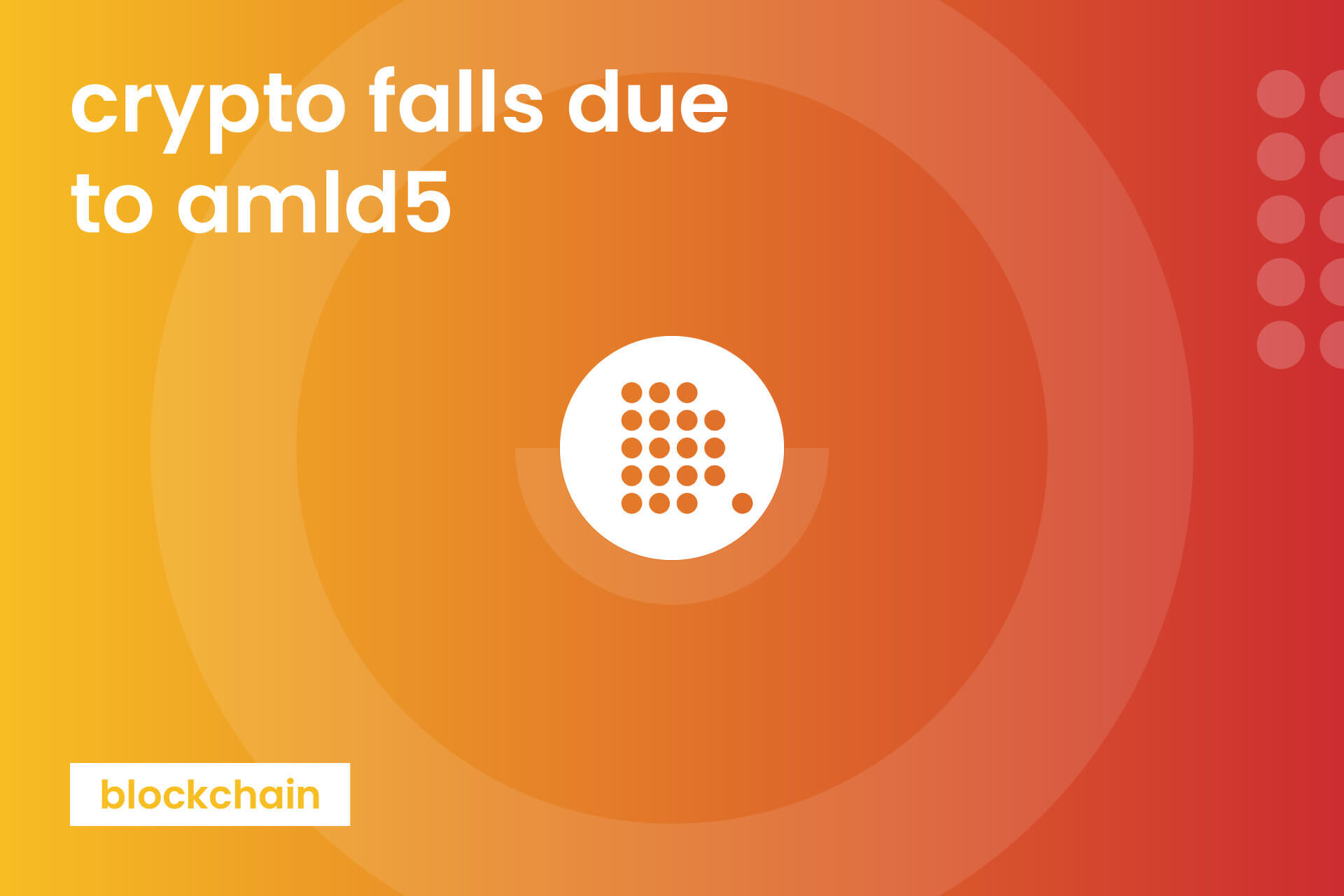
Anti-money laundering directive got its first crypto casualty in the Netherlands today. The local small cryptocurrency platform shuts down due to the latest regulatory changes.
Dutch digital currency savings platform Bittr is closing on April 28 as the European Union member country applies the 5th Anti-Money Laundering Directive (AMDL5). The company blames strict regulation policy as it makes it difficult for small and medium-sized crypto players to operate.
Netherlands already criticize their local regulations as they go much further than the EU directive prescribed. According to them, anti-money laundering regulations establish unequal opportunities as cryptocurrency-related companies have to pay bigger fees compared with traditional financial companies.
Not applicable for micro companies
Bittr is a small Bitcoin (BTC) lending platform, operating from the Netherlands. It’s so small that it might even be called a one-man company. And exactly such kinds of businesses are doomed to shut down according to Ruben Waterman, the founder of Bittr.
In his farewell blog post, Mr. Waterman claims that compliance requirements updated by the central bank (DNB) are too inflexible and are not applicable for one-man companies:
All the documentation and compliance requirements the DNB managed to get into these new regulations as they are not designed for one-man companies [...] This sounds like they’re treating every bitcoin company in The Netherlands as a bank and a startup like Bittr does not fit into this regulatory scheme.
The Bittr founder said that even though he was willing to make some of the changes mandated by AMLD5 he has not enough capital to pay for registration, the Know-Your-Customer (KYC) module, or hiring a lawyer only to possibly obtain the license within a period of 6 months.
Battle over anti-money laundering directive implementation
Dutch cryptocurrency companies are in a long conflict with The Netherlands central bank DNB and the Ministry of Finance (FIN). Both parties disagree over the implementation of AMDL5.
The directive applies to all European Union member countries from the beginning of the year. However, separate jurisdictions are allowed to revise AMLD5 to their own legal framework.
Sponsored
Meanwhile, the local crypto industry blames both DNB and FIN for unnecessarily strengthening the EU directive by going much further and adding even more regulations than the EU has mandated. Cryptocurrency companies alleged the regulators for creating a licensing regime while anti-money laundering directive simply requires to register cryptocurrency firms.
After the Netherlands central bank DNB revised the EU directive it finally entered into effect on the Netherland territory on April 21.
